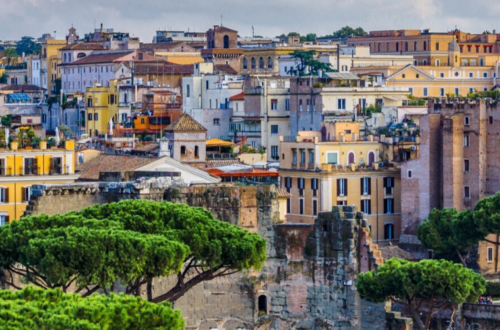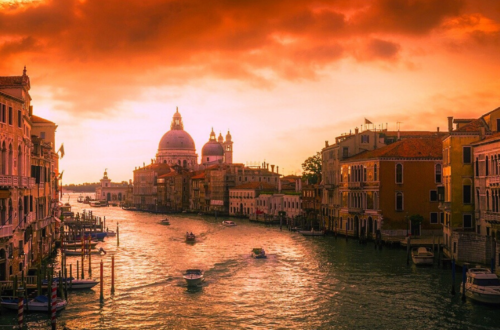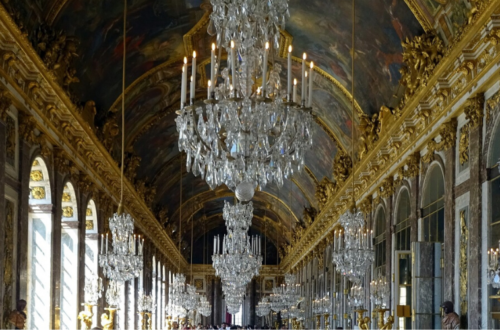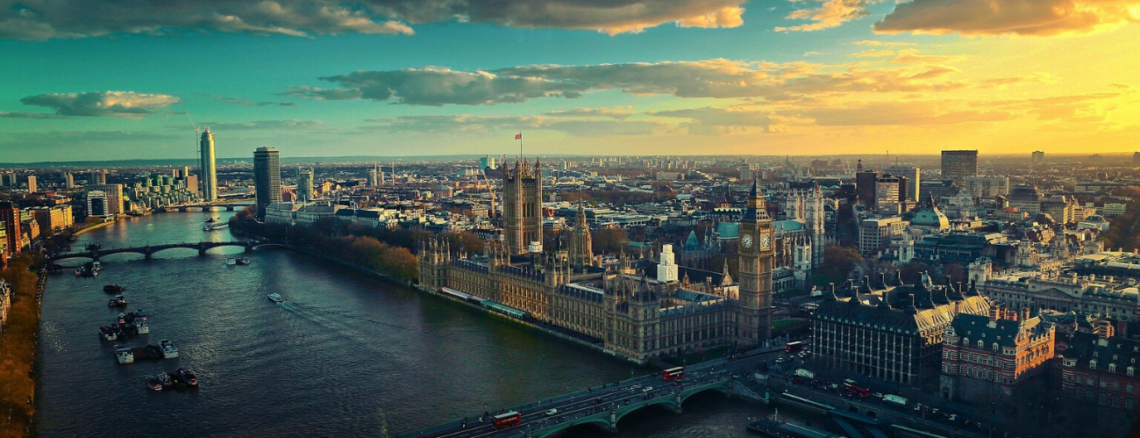
Being Historical with Handel: Music History for Kids

When exploring music history with your kids, George Frideric Handel (1685–1759) is a great person to start with. He was a famous composer of classical music and lived during the Baroque period. (What’s the “Baroque period”? Find out here.) While he lived most of his life in England and is considered an “English” composer, he was actually born in Germany and his name is sometimes spelled “Georg Friedrich Händel.”
During the Baroque period of music history, the instruments that played classical music were slightly different from today. In Handel’s time, most of the same instruments existed, but they were made differently from how they are now. For example, a lot of woodwind and brass instruments had few or no keys. String instruments also had gut strings (instead of metal) and were played with a differently shaped bow.
If you want to learn more about the instruments that played Baroque music check out our Guide to Baroque Instruments. Today we can call Baroque instruments “period instruments” because they’re from the Baroque period. (We also call modern replicas of Baroque instruments “period instruments.”)
The piece by Handel my that son, Little M, and I want to share with you today is part of the famous piece “Water Music.” Before we dive into the music, though, here’s a short Handel biography to help you and your kids further your knowledge of music history.
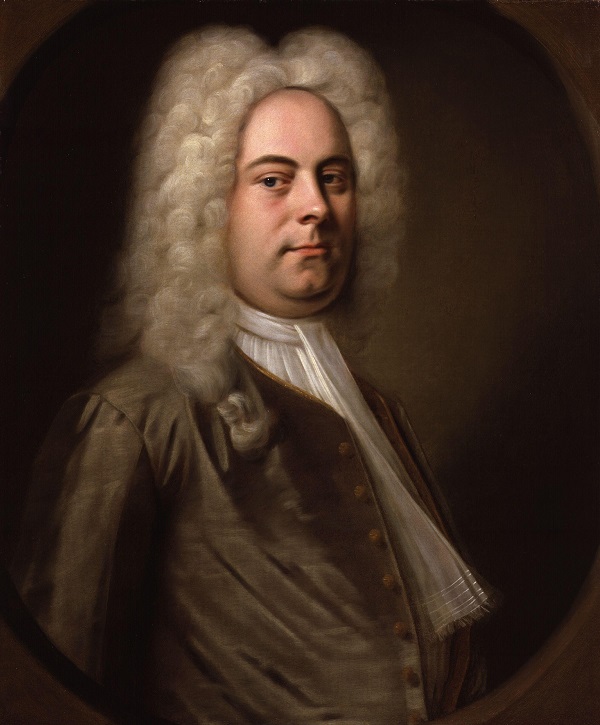
Handel’s Bio
George Frideric Handel (1685–1759) was born in the city of Halle, in what is now the country of Germany. He studied music and started composing while he was still a child there. He played several instruments, including the harpsichord, organ, and violin. In about 1706 he moved to Italy, but only after working in a few different cities in Germany.
While in Italy, Handel wrote quite a bit of vocal music, including operas and oratorios. His popularity continued to grow, and in 1712 he moved to London.
Handel spent the rest of his life living and working in London–more than 40 years! He held numerous high-ranking positions as a musician there and was well known for his music. Even though Handel is probably best known for his vocal music, he also wrote a lot of great instrumental music.
During his lifetime, Handel wrote 42 operas, 25 oratorios, and a great number of other works for voices and/or instruments. (An oratorio is similar to an opera, but has a sacred subject and doesn’t have costumes or sets.) His best-known work is his oratorio Messiah, which contains the “Hallelujah Chorus,” his most famous piece.
Handel was famous and well respected during his lifetime, which is not always true for composers famous now. He was buried in Westminister Abbey in London and more than 3,000 people attended his funeral.
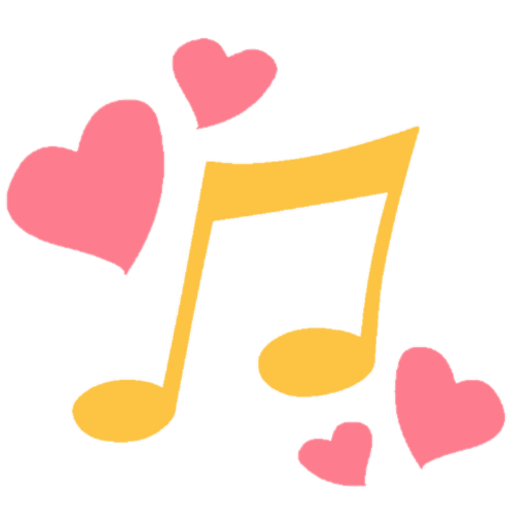
The Music
The music that my one-year-old, Little M, and I want to share with you today is part of Handel’s Water Music. Water Music is for orchestra and is made up of a bunch of separate movements. (A movement is a short-ish piece of music that joins together with other movements to form a larger work.)
Handel wrote the piece because King George I of England wanted to have a concert on the River Thames. It was first performed on a barge in the middle of the river! The king and his guests were actually on another barge floating in the river. The name of the piece comes from the manuscript, however, and not from the first performance venue.
This performance is by the Festspiel Orchester Göttingen, which is the orchestra that gathers for the Göttingen International Handel Festival. You can find out more about the festival on their website and listen to more music on their YouTube channel.

